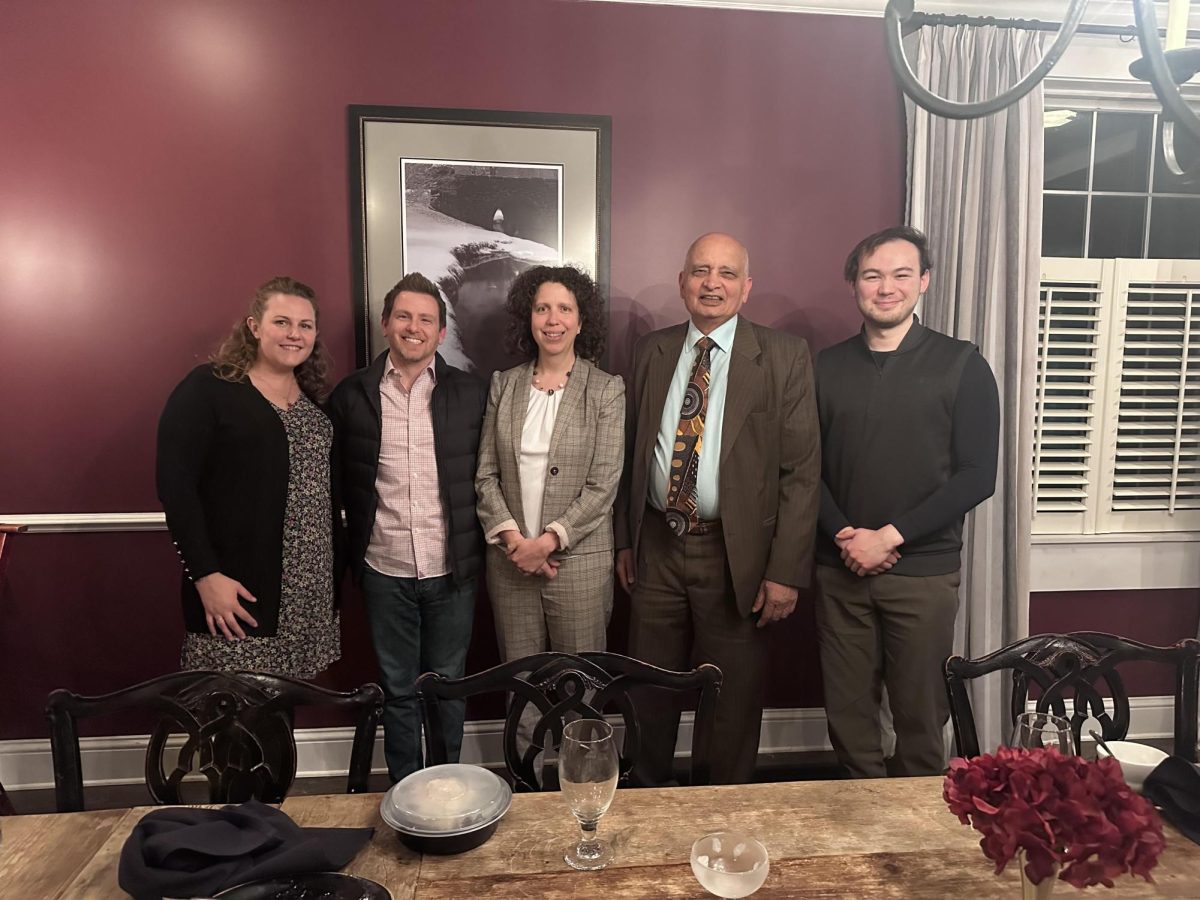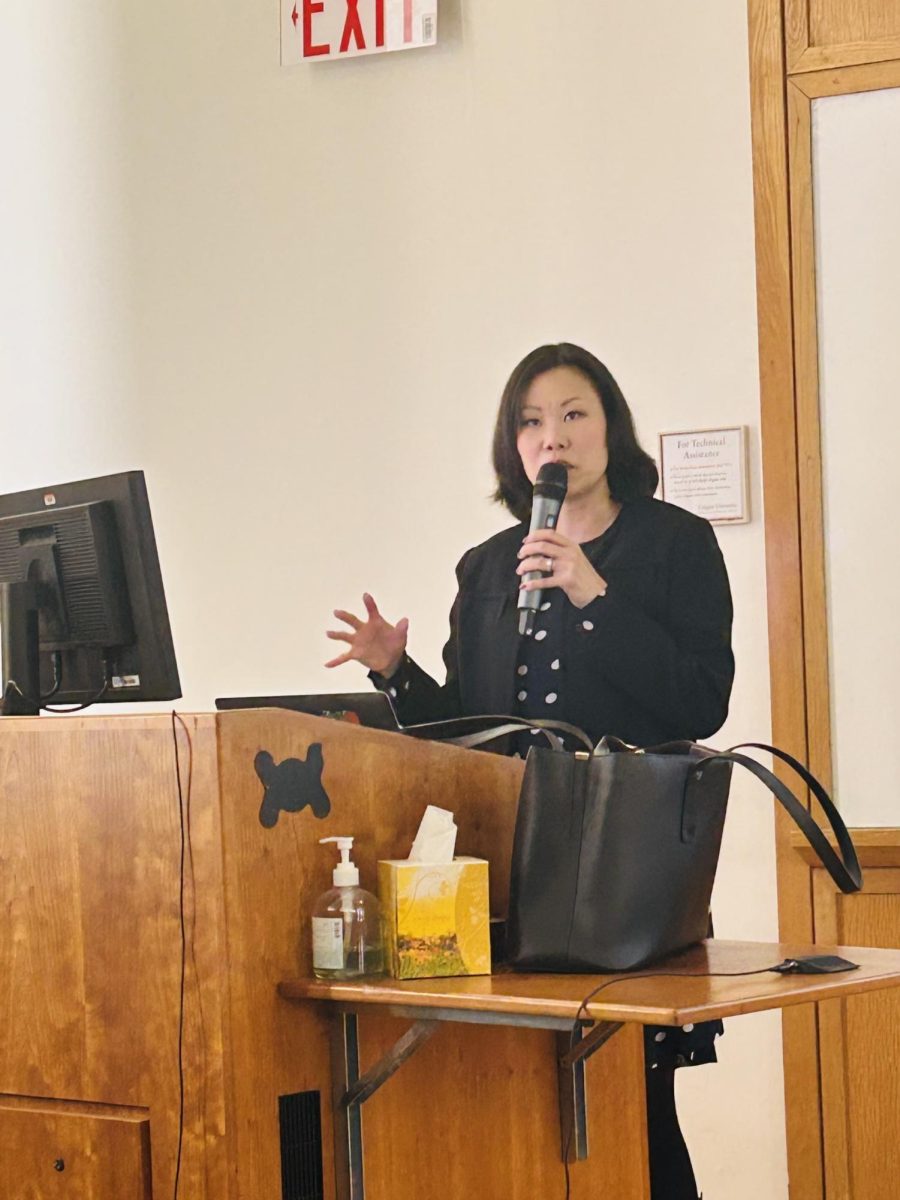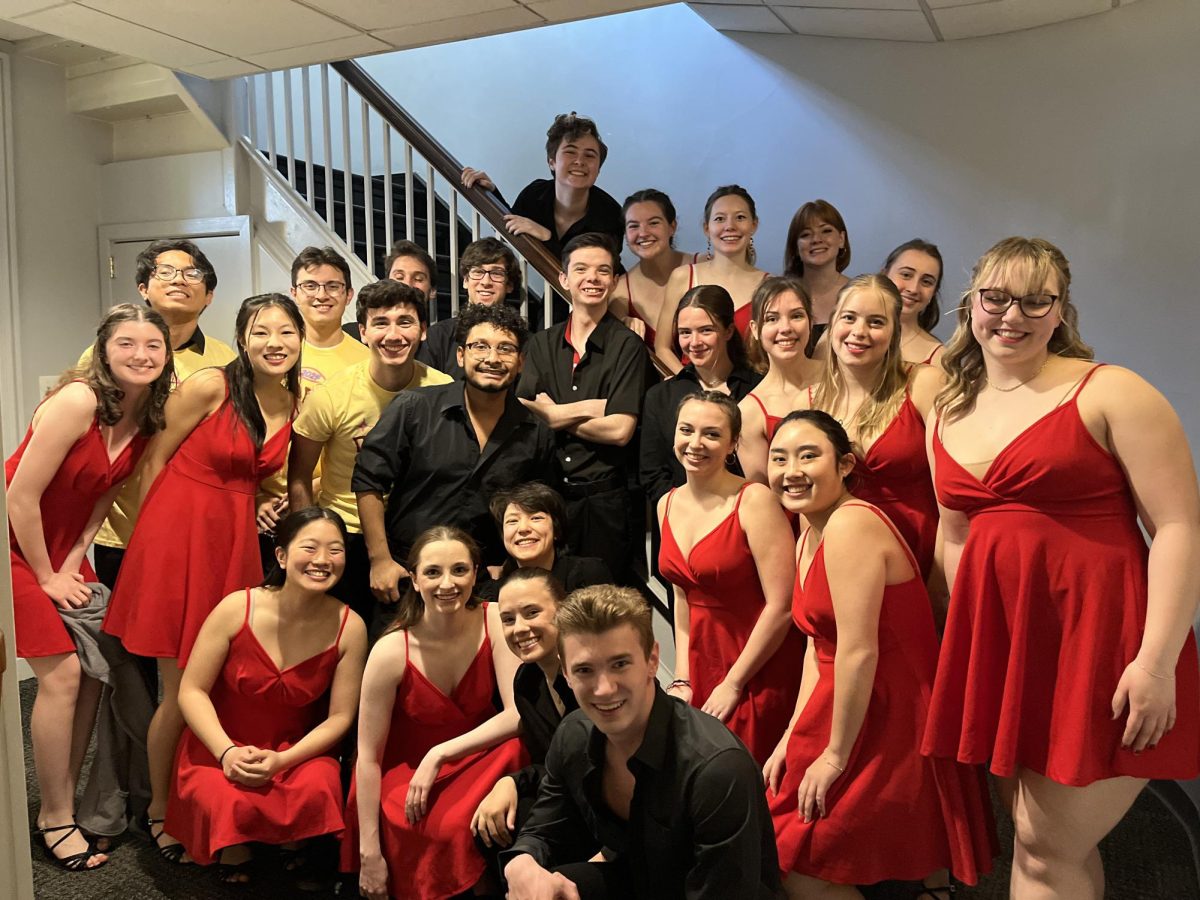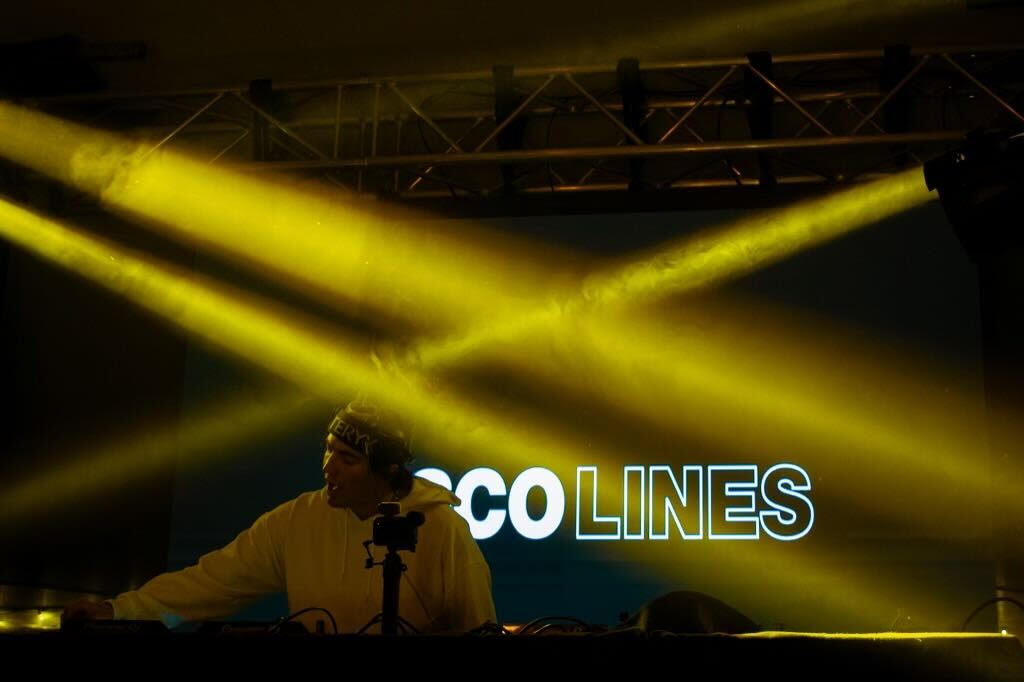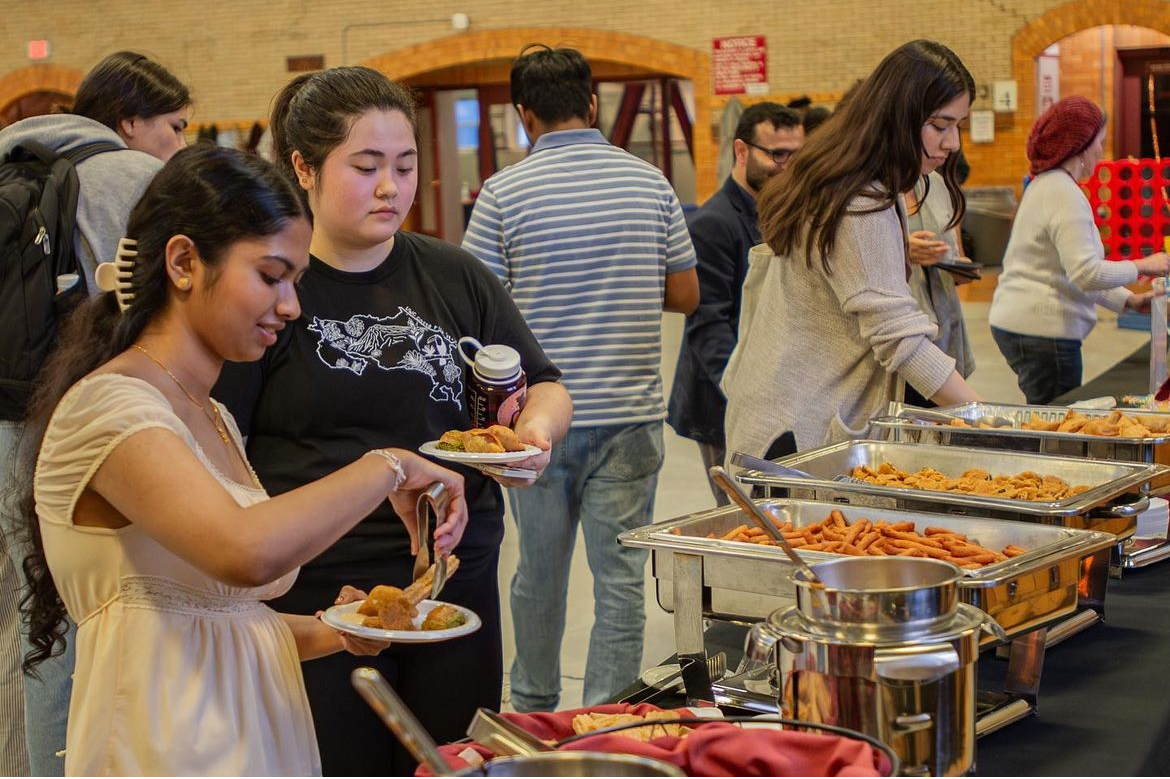Colgate University hosted Dr. Alex A. Moulton, an assistant professor in the department of geography and environmental science at Hunter College, for an event on Wednesday, April 10, titled “Making and Unmaking of Modernity’s Racial Ecologies Across the Caribbean Archipelago.” The lecture delved into the dynamics of colonization, resistance and resilience that define the Caribbean experience.
Moulton is renowned for his expertise in black geographies and ecologies. He provided a thought-provoking analysis of the racial imaginaries that have permeated the Caribbean landscape. In discussing the concept of racial ecologies, Moulton offered a critical examination of European world-building in the region, shedding light on the enduring legacies of colonial violence and exploitation.
He emphasized the necessity of recognizing the Indigenous heritage of the region and the effects of colonialism. Moulton highlighted the violent and exploitative nature of European colonialism by suggesting that the Antilles was constructed according to European colonialist ideals and interests.
“The Antilles is the result of a worldmaking according to European colonial imaginaries, which rationalized the destruction of indigenous societies, enslavement of Africans and the indenture of Asians as collateral damage for progress,” Moulton said.
Throughout his presentation, Moulton challenged conventional narratives that have perpetuated colonial myths and erasures. He highlighted the resilience of Afro-Indigenous communities in the face of systemic oppression, pointing to the emergence of alternative visions of Antillia that defy colonial domination. To explain the role of resistance in the Caribbean landscape, Moulton discussed the Maroons, communities of formerly enslaved Africans who escaped from plantations and formed settlements in the Caribbean during the era of European colonization.
“The Maroons, for example, cultivated a hybrid ecological world […] that allowed the space to flourish,” Moulton said. “That afforded various other forms of anti-colonial, social reproduction and place.”
Moulton emphasized the significance of the religious and cultural vocabulary employed in naming the Caribbean region and the methods of viewing it. These practices, he noted, are not merely linguistic or symbolic, but are deeply embedded in the broader colonial frameworks that have shaped the Caribbean’s historical trajectory. By scrutinizing these practices, attendees were urged to explore the underlying power dynamics and colonial legacies that continue to influence contemporary Caribbean identities. Moulton also stressed the importance of challenging dominant narratives by engaging with the archives of the past to fully understand colonial legacies.
“When we often think of the archives, we think that what is recorded in the archive is a reflection of reality, as opposed to a curation that is structured by relationships of power based on whose identity is seen as worth curating,” Moulton said.
The discussion delved into the intricate relationship between social, environmental and cultural violence, offering insights into the ways in which Caribbean peoples have navigated and resisted colonial ecologies.
“The racial ecologies of the Caribbean are uneven, symbolic and material landscapes born out of a history of racial encounters and intimacies and the desperate practices to enforce relations of differentiated resource colonies,” Moulton said.
As the event concluded, attendees were left with a deeper understanding of the complexities of Caribbean history and the ongoing struggles for decolonization and justice. Moulton offered a call to action to students, which sparked interest in exploring alternative narratives and challenging dominant narratives.
First-year Sidney Boure attended the talk and commented on Moulton’s unique approach to the topic.
“I thought Dr. Moulton’s lecture [shared] a perspective that is not widely known and understood,” Bourne said.
First-year Philip Nguyen also was in attendance and commented on the most intriguing aspects of the talk.
“I found it so interesting how European colonialism and white supremacy shaped the ecological landscape of the Caribbean,” Nguyen said.
The talk served as a reminder of the resilience and resistance of Afro-Indigenous communities, encouraging attendees to work towards changing colonization narratives and embracing a diverse history of Caribbean identities.


